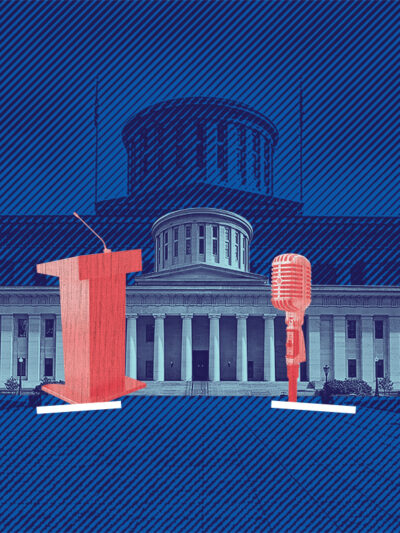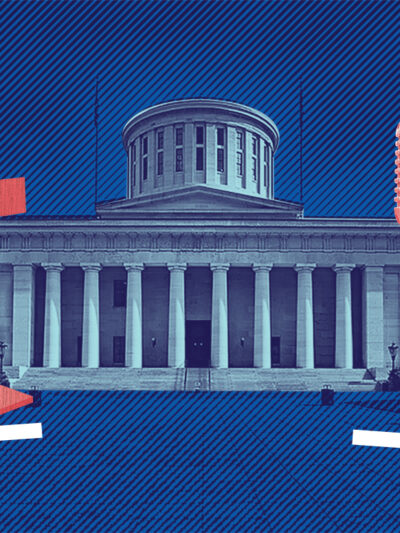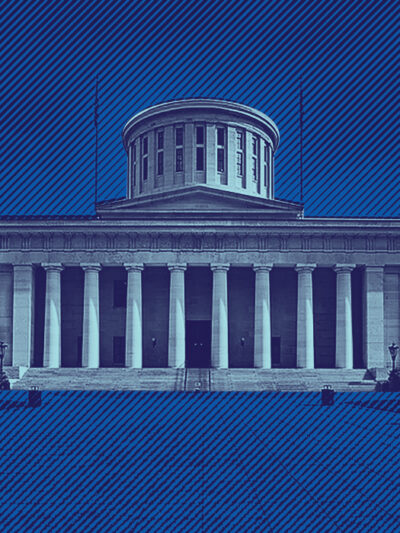News & Commentary
Reviving Ohio’s Democracy, Together
By Celina Coming

Sub. Senate Bill 1 - Opponent Testimony
By Gary Daniels

Senate Bill 297 - Opponent Testimony
By Gary Daniels

Proud Members of the Banned Books Club
The ACLU of Ohio opposes censorship in all its forms. From books and radio to film, television, and the internet, we ensure Ohioans have the right to learn without fear of government suppression. Book banning is one of the most common and pervasive forms of censorship in our society.
By Sean McCann

Classes are Starting: Back to School with the Campus Action Teams
As students return to campus across Ohio this month, I am continuously reminded of how much excitement and anticipation this time of year brings. Students beginning their new schedules and discovering what they want to participate in makes me feel hopeful for the future of the state.
By Callie Buchanan

House Bill 606 – Interested Party Testimony
To Chairman Edwards, Vice Chair LaRe, Ranking Member Sweeney, and members of the House Finance Committee, thank you for this opportunity to provide interested party testimony on House Bill 606.
By Gary Daniels

Senate Bill 212 – Opponent Testimony
By Gary Daniels

Banned Books Week 2023 - Fighting for the Right to Learn
The bottom line is that students have a First Amendment right to have access to materials in their schools’ libraries free of viewpoint discrimination.
By Sean McCann

House Bill 504 - Opponent Testimony
The ACLU of Ohio's desire is for the language of existing Disturbing a Lawful Meeting law to be improved so it does not impact protected free speech and for penalties to remain as they currently are for all disturbances, religious
based or not.
By Gary Daniels

Stay Informed
Sign up to be the first to hear about how to take action.
By completing this form, I agree to receive occasional emails per the terms of the ACLU’s privacy statement.
By completing this form, I agree to receive occasional emails per the terms of the ACLU’s privacy statement.
